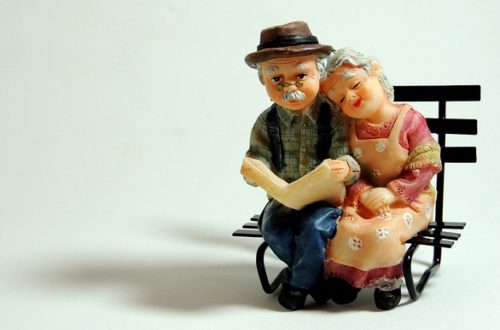All You Need to Know About Palliative Care Services

One should enjoy their old age in peace. Your parents must be proud of the fact that they did their best to bring you up. They educated you and your siblings. None of you missed out on the things enjoyed by other kids. You received quality healthcare when you needed it and lived in a beautiful home.
Sickness
Years later, a serious illness rears its ugly head. When it affects a dear parent, your reaction can have implications. You may harbor feelings of anger, fear or sadness. These are normal, and there is nothing wrong in feeling that way.
Medical assistance
If you get to this level, then you should consider palliative care, the support given to people with chronic illness. It focuses on improving the quality of a patient’s life. In most cases, the needs of your parent determine the nature of treatment. Providers focus on ensuring that anailing elder undergoes treatment with as little pain as possible.
Conditions covered
People suffering from chronic illness need health access, especially palliative care services, as a part of a broad spectrum. Examples of health issues under this program include:
- Kidney failure
- Dementia
- Arthritis
- Cancer
- Heart disease
Unlike hospice services, palliative care focuses on providing relief from symptoms of serious illness as well as managing the same. The only difference is that in hospice care, providers aim at reducing symptoms. Besides, hospices care for terminally ill patients with barely six months left before passing on. Under such conditions, no treatment can cure the ailment suffered.
Near-death prognosis
On the contrary, in palliative care, you do not need to have a terminal illness prognosis that defines the duration before death. You proceed with treatment as usual and might even get cured. A medical center places you under the care of a team of medics trained in handling people suffering from chronic ailments. They include individuals such as:
- Doctors
- Nurses
- Social workers
- Counsellors
- Occupational therapists
- Dietitians
- Pharmacists
Working with the team
A senior person or other affected family member has the backing of the best-trained physicians. Working with a palliative team requires excellent communication. The providers have a duty to make patients feel comfortable. A care giver should encourage the affected person to speak out their feelings. They work closely with the doctor to ensure that your loved one manages symptoms of the condition.
Doctors are always hard pressed to disclose to a patient that they are suffering from a life-threatening condition. No doctor would imagine being dishonest about one’s condition. It is advisable for the family to listen to a physician’s feedback. At the same time, do not hesitate to let them know about any preferences you would like considered. Another thing, ask questions and get satisfactory answers. Respect the wishes of your mom or dad.
The bottom line is that serious illness amongst older persons requires proper management. Being there for them gives a feeling of security. Palliative care helps a loved one handle their disease. Working closely with a team of physicians and other support staff is key.
Would you like to receive similar articles by email?





